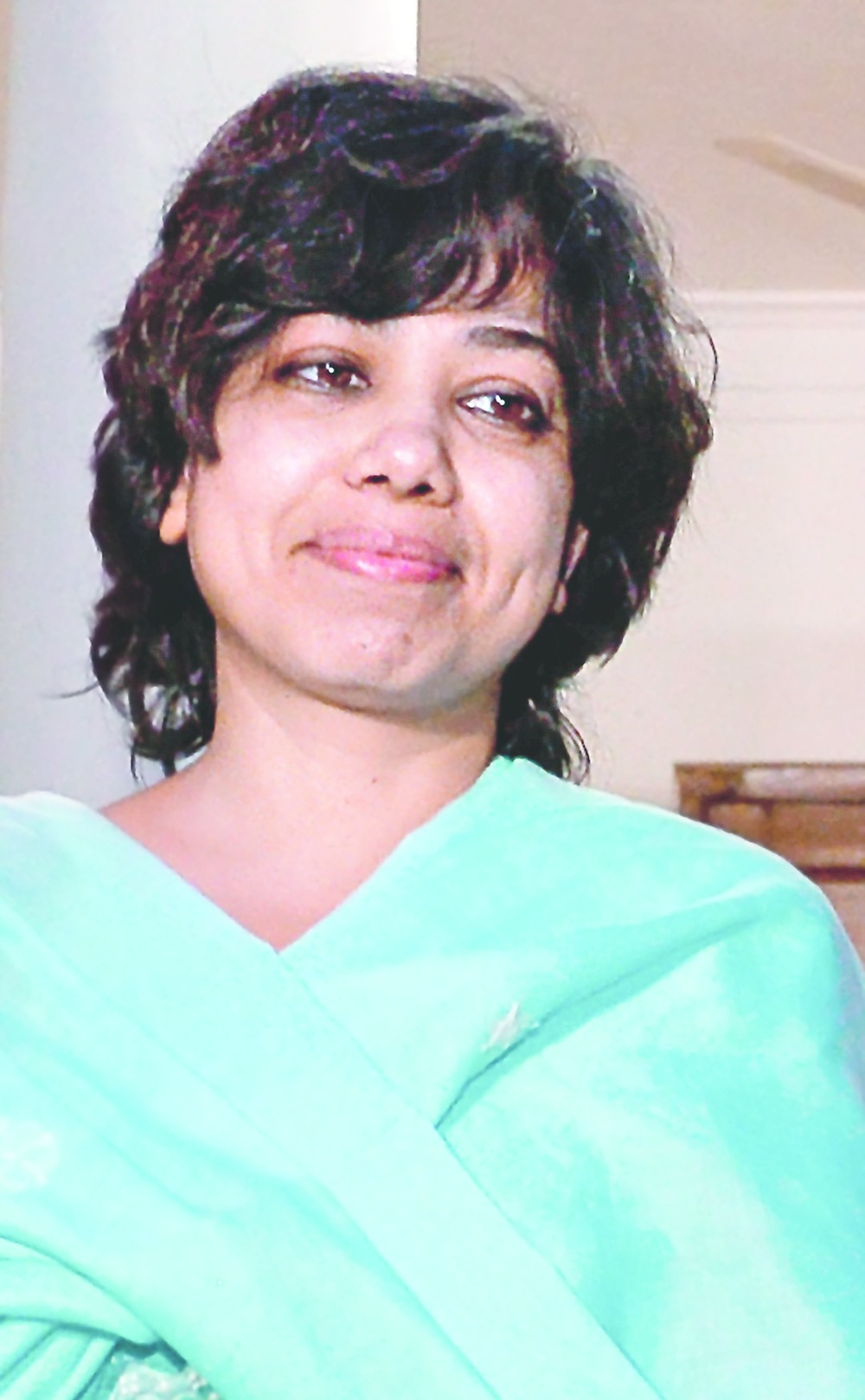
Calcutta, July 30: Judith D'Souza, the aid worker who spent 43 days and 44 nights after being kidnapped in Kabul, has shared with The Telegraph a few details of her "never-ending nightmare".
The following are excerpts from an interview with D'Souza, conducted over email, at the end of which the 40-year-old senior technical adviser at Aga Khan Foundation has written a letter to the readers of the newspaper.
What was the nature of your work in Afghanistan? Why did you opt for Afghanistan?
I was the senior technical adviser for gender and equity issues in Aga Khan Foundation. Some of my focus areas were:
• Providing leadership and support to gender issues and programmes;
• Work with country teams and partners to develop gender equity;
• Provide proactive and reactive technical programme support and coach on gender issues;
• Nurture strong relationships with key women's empowerment stakeholders, including senior government officials, judiciary, legislative Assembly, UN agencies and representatives of civil society, including women's organisations and networks.
I have been going to Afghanistan since April 2012 when I was with the multilateral financing institution of the UN, the International Fund for Agricultural Development (IFAD), as a gender and inclusion specialist.
I fell in love with the country and the people. What attracted me most was the fortitude of the Afghans and their passion to rebuild their war-torn country and that reverberated in my heart. I continued my association with projects in Afghanistan and would regularly travel there either to evaluate multi-sectoral investment projects or to design such projects.
Do you think Indian aid workers associated with development projects are at risk in that country?
Yes, unfortunately. Indians working in any field are at risk in Afghanistan. We have a lot of Indians working in the banking and security sectors there. However, the risk is not from the locals. They are very friendly. I have excellent memories of going shopping and being told by the shop owners, 'Sister, you are Indian, India is our friend', and being invited for tea and dry fruits with the shop owners.
What learning experience do you want to share with Indians living in Afghanistan?
Afghanistan is a beautiful country with some of the most scenic places on earth. I have made a lot of friends there. Afghans are very hospitable and in love with India, especially Bollywood.
However, there are many opposing forces present. Given the current situation, Indians in Afghanistan need to take extra precaution.
The Indian ambassador, M. Vohra, tries to keep in touch with all expatriates. Our embassy is a high-performing team. However, I would request all Indians there to abide by the security protocol and avoid doing anything that would attract unnecessary attention, especially as the situation is getting worse.

Can you share a few details of your journey during captivity?
I cannot share the details at this stage. But I had faith that God would rescue me and it would only be a matter of time.
However, there were innumerable times when the captivity felt like a never-ending nightmare. I have never felt fear the way I felt it throughout those 43 days and 44 nights. I will never forget the feeling.
When did you first know you will be freed?
I got to know that I was being freed a couple of hours before I was actually freed.
What was your first thought when you reached home?
I was overjoyed that now I was free and safe and surrounded by loved ones. My God had brought me back safe and sound to my family. I would constantly think of homecoming when abducted and it was a wonderful feeling to actually be home and to see my family. I have always been a very family-oriented person and I would only pray for a reunion when I was kidnapped.
What personal quality stood you in good stead during your trials?
My faith in the Lord was the biggest factor that helped me go through the trials. It helped me to re-focus my negative energies and to be more positive.
One of the most important things was also to be on cordial terms with the kidnappers. You had to do what they commanded you to do and it was better to obey and be cordial rather than fight or argue with them.
What do you plan to do in the next six months? Are you ready to travel to war-torn areas in future?
The doctors have advised me to rest for three months, which is a priority. Spending quality time with my family and getting back to work are therapy for me. I have also begun some work.
I plan to write down my experiences as I think it will be important for other female aid workers who work and live in conflict and transitioning countries. If need be, and my skills and expertise are required, I would travel to war-torn countries as it is there where development professionals are most required.











